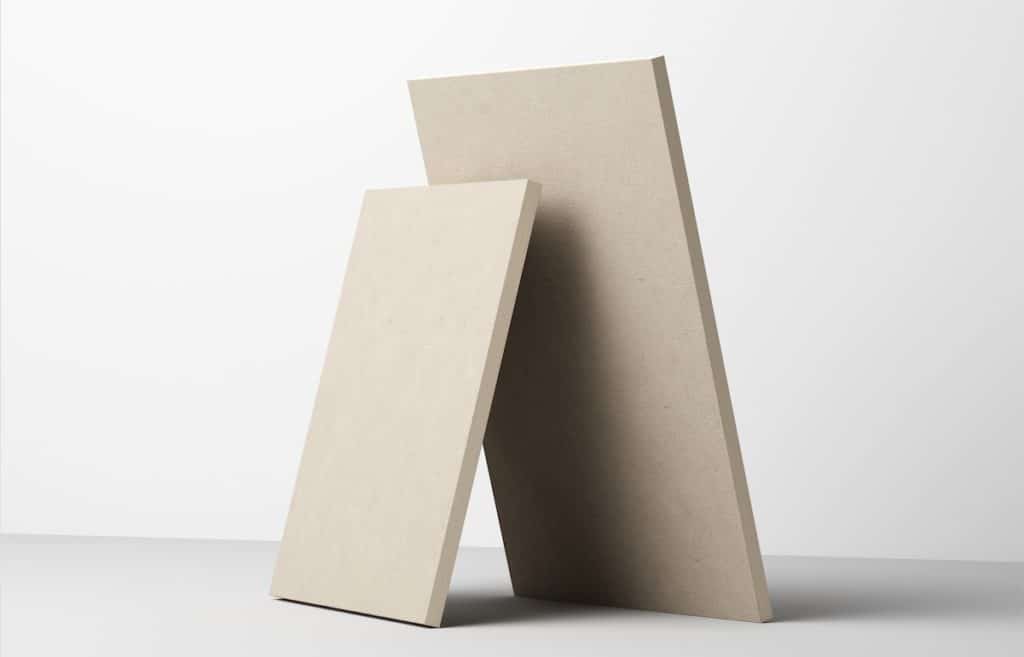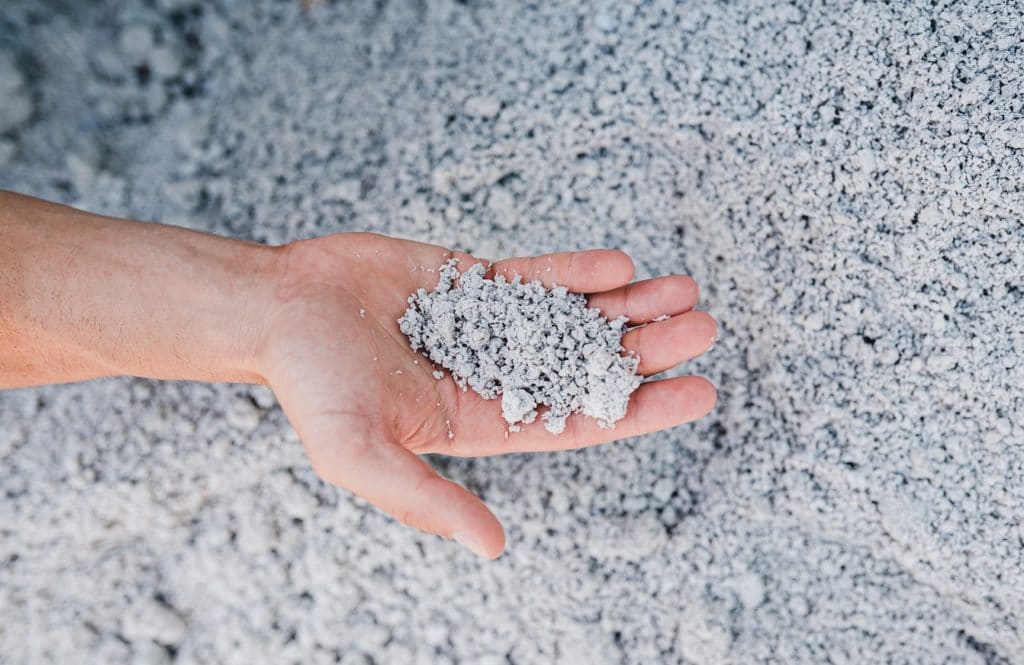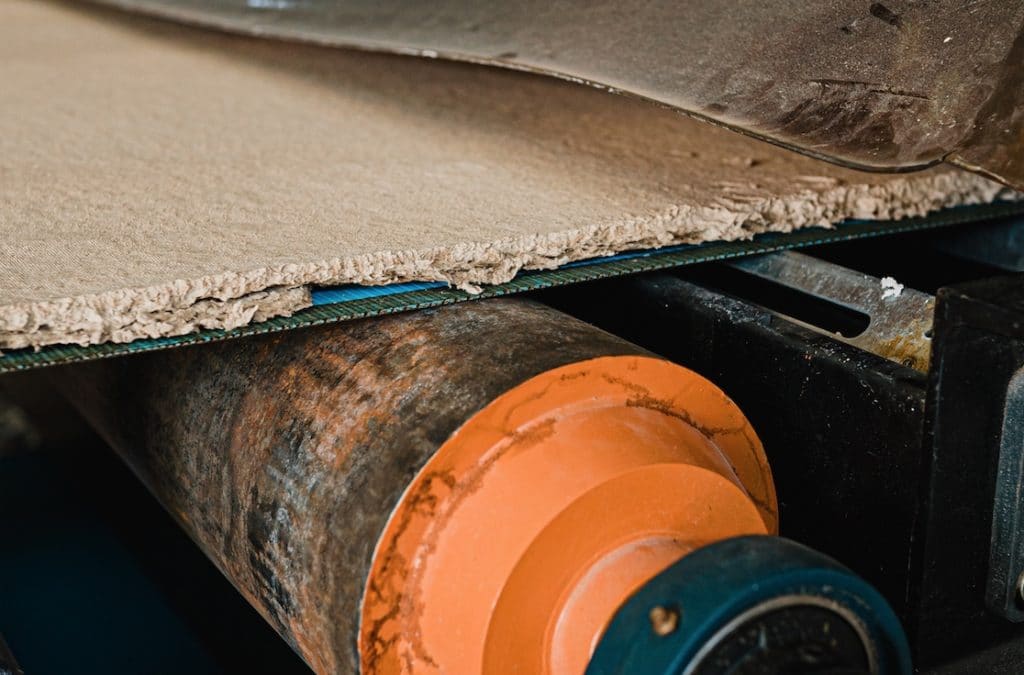Catalonia (Vacarisses)
Traditional building materials are destroying our planet, it’s time to readdress the way we build our future. This is the starting point from which Honext starts a new generation of reclaimed material with a fully circular processing model. They harvest cellulose waste from the paper mill industry and process it locally to transform this compound into a fiberboard product. Their process is inspired by nature, using enzymes to bond the cellulose fibers. The result is a robust product with the highest possible negative carbon footprint that will finally bring a sustainable board for internal partitions, ceilings and more applications in the construction industry.

It is a patented technology that allows them recycle the material an unlimited number of times within the same manufacturing process, assuring its sustainability throughout its whole life-cycle. It is certified Cradle to Cradle Silver and Healthy Material as it has no toxic emissions, it contains no formaldehyde or other semi-volatile organic compounds.
Just in the EU, paper mills generate more than 7 million tonnes of cellulose waste (sludge) annually, and this waste currently ends up in landfill or is burned. So HONEXT is on one hand solving an environmental negative impact and on the other the paper industry benefits from a sustainable and profitable way to valorize their waste while the construction industry also benefits from a new 100% green material that can substitute for MDF or gypsum board.

This business model is based on local partnerships (joint ventures) with paper mill or waste management companies to develop a worldwide distributed network of manufacturers capable of replicate the technology and the production model. Their first industrial plant is at Vacarisses, near Terrassa (Catalonia), together with their waste management partner, taking the first steps in the creation of a new value chain, connecting paper mills and waste treatment companies at one end with architects and construction companies at the other.

Bio
Journalist and blogger, he has worked as an editor for several travel, nature and science magazines for the last 20 years.
Project leader
Pol Merino
Support the Atlas
We want the Atlas of the Future media platform and our event to be available to everybody, everywhere for free – always. Fancy helping us spread stories of hope and optimism to create a better tomorrow? For those able, we'd be grateful for any donation.
- Please support the Atlas here
- Thank you!

